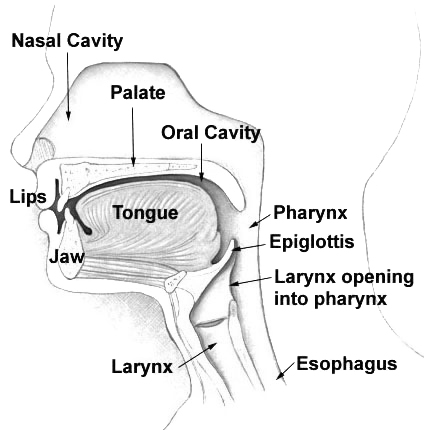VocaLife is envisioned as a coordinated stream of international-comparative research projects on singing and lifelong community health in
VocaLife is collaboratively led by Professor David G. Hebert (Grieg
Phase 1 of VocaLife is a comparison of choral singing in contemporary Japanese and Scandinavian societies. Later phases of VocaLife will expand the scope of inquiry to also consider Baltic nations, such as Latvia and Estonia
Rationale:
Singing is widely recognized by psychological and medical researchers as a uniquely effective activity for stress-reduction and general mental health, and is also acknowledged by sociologists and anthropologists to be a universally meaningful practice in terms of both social integration and construction of cultural meanings. However, in contemporary industrialized consumer societies, music has increasingly become an object that is passively consumed rather than actively produced by amateurs, and in recent generations singing has gradually disappeared from the regular activities of most people. Meanwhile, social problems have proliferated, ranging from a general alienation of the aging population to even high-profile acts of mass violence among adolescents in schools.
We propose that a careful investigation of the situation in Japan and Finland Japan Finland Japan ) and Nokia (of Finland
Research Contacts:
The year 2009 marked the 90th anniversary of diplomacy between Japan and Finland Japan 's Ministry of Foreign Affairs, "Japan and Finland Japan and Finland Japan concluded in 1978 a cultural agreement with Finland
VocaLife has established contacts with the Finnish Institute in Japan via the Embassy of Finland in Tokyo
Principal Investigators
..................................................................................................
Prospective Advisory Board: (to be confirmed)
Related Publications:
- Hebert, D. G., Kallio, A. A. & Odendaal, A. (2012). "Not So Silent Night: Tradition, Transformation, and Cultural Understandings of Christmas Music Events in Helsinki, Finland". Ethnomusicology Forum, Vol. 21, No.3, pp.402-423.
- Hebert, D. G. & Heimonen, M. (2013). “Public Policy and Music Education in Norway and Finland,” Arts Education Policy Review, Vol. 114, No. 3, special issue on “Cosmopolitanism and Policy” (pp.135-148).
- Hebert, D. G. (2012, in press). “International Comparisons in the Improvement of Education,” Signum Temporis: Journal of Research in Pedagogy and Psychology, Vol. 5 [based on keynote speech for Theory for Practice in the Education of Contemporary Society, Riga, Latvia].
